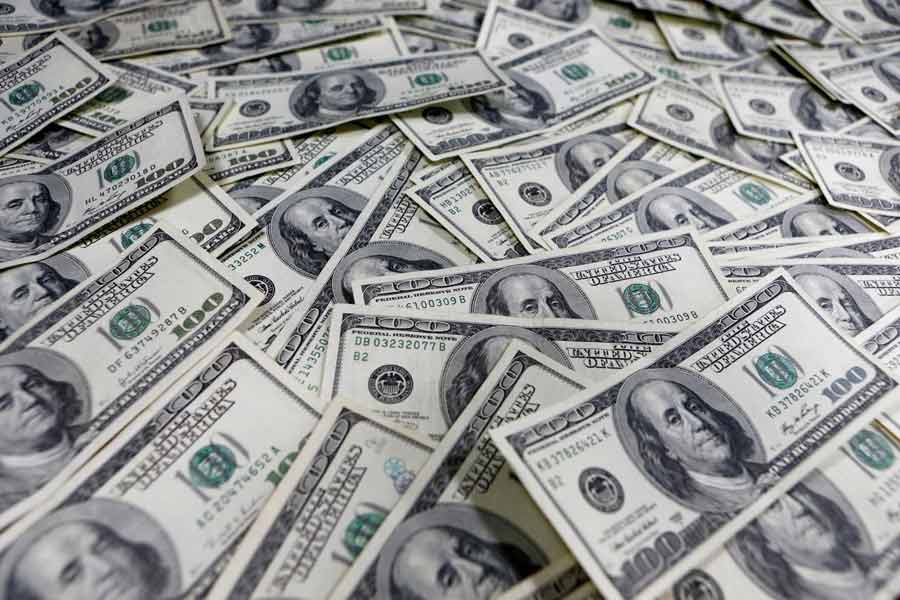
Published :
Updated :

The situation of the foreign exchange (forex) reserve remains uncertain for the Bangladesh Bank (BB). Although forex supply has increased somewhat on the back of rising exports and remittance earnings, the erosion continues due to the compulsion for importing several essential items during the holy month of Ramadan. Reportedly, the BB had been forced to sell greenbacks to banks for the import of eight essential items that are consumed during Ramadan. As a report published in this paper says, "BB sold US$ 1,410.70 million (over 1.4 billion) to the banks in October 2022 followed by US$ 1,395 million, US$ 1,442.86 million, and US$ 1,221.80 million in November, December and January (2023) respectively". This comes against the backdrop of opening up of multiple letters of credit (LCs) for the said items over the past few months as traders needed to build up stocks of consumables that constitute the iftar platter for the Muslim populace.
But given the decline in the forex reserve, the central bank was forced to adopt a more cautionary approach on spending greenbacks. The pressure hasn't come only from the import of food essentials. The government has been forced to import 12 cargoes of liquefied natural gas (LNG) from the international spot market to keep industries afloat. This comes from the downturn in production of natural gas from onshore gas fields. The expenditure is proving to be a double-edged sword for foreign currency reserve of the country.
It is a tricky balance for BB, but since banks have recorded significant opening of LCs, it is inevitable that the central bank rein in the expenditure of greenbacks. Because dollar is being expended at a rate higher than what exports and remittance are bringing in. Given that the wheels of industry cannot be allowed to come to a standstill, it means cutbacks in other areas. Again, the month of Ramadan is a highly sensitive issue for practically all Muslims who constitute about 90 per cent of the population, and there is no question of curtailing supply of food items that are consumed during this month. So, what is to be done? It is at this juncture, one must ask the inevitable question that has been in the public mind for sometime now. Why are the known reserves of natural fossil fuels not being explored in the country? At a time when the forex reserve is increasingly under pressure from footing import bills, why are the authorities dilly-dallying with exploration of gas reserves which are known to exist in the country? While the offshore exploration is a mid- to long-term affair that is as far away as eight years from signing of contract to delivery of gas into the pipelines, reason dictates that exploration of gas onshore is started with all seriousness and urgently.
The authorities are in possession of several survey reports conducted by reputed foreign companies, and even if the gas finds from those areas are 50 per cent of the purported reserves, Bangladesh's fuel problems will be solved for more than a decade. The usual litany of excuses about probability of finding gas does not hold good in the face of a national crisis. The forex reserve should not be used at this precarious time for importing fossil fuel, but for importing raw materials that industry needs to produce goods. Unfortunately for Bangladesh, it appears that policymaking stops shy of drilling in areas which have, according to studies, trillions of cubic feet of gas. Instead of doing what is rational, our energy planners have chosen to follow a bumpy path that will continue to deplete forex and handicap the country for generations to come.
mansur.thefinancialexpress@gmail.com


 For all latest news, follow The Financial Express Google News channel.
For all latest news, follow The Financial Express Google News channel.